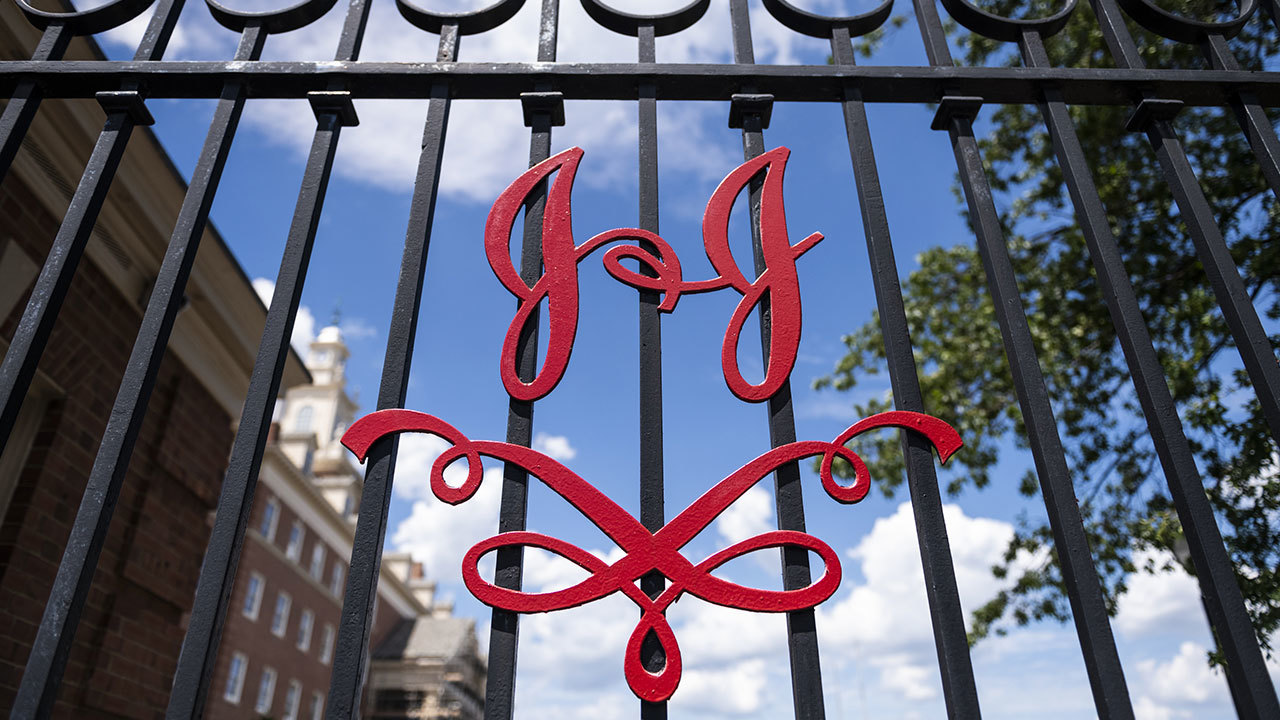Ever since 2019, the health care sector has been white-knuckling and preparing itself for what may be a volatile and uncertain election year for stocks. But according to UBS, 2020 is shaping up to look a whole lot like 2009 for the sector—which could actually help put some investors’ minds at ease.
Historically, “the market reaction has been largely to sell much of the health care sector, lowering valuations until clarity arrives after the election,” UBS’s Americas health care analyst Eric Potoker wrote in a note Tuesday. “The market’s current treatment of health care stocks falls into that familiar pattern.”
Potoker argues the “most relevant” comparison for how the health care sector is shaping up today is the 2008–9 election, when, in early 2009, President Obama “made health reform a legislative priority, and a dark cloud enveloped the sector.” But instead of massive, painful reforms to the sector that hurt health care and insurance stocks, he argues the passage of the Affordable Care Act (ACA) had a “relatively modest” impact on the sector, and, barring a few areas that saw increased regulation, “left health care markets largely intact” while actually increasing “overall demand for health care products and services” because of expanded health coverage.
That had a positive impact on health care stocks between 2009 and 2015, Potoker writes, as the health care sector “significantly outperformed the broader equity market, partly due to this added growth and the removal of policy uncertainty”—with health care trading up from a 0.8x relative price/earnings versus the S&P 500 up to a 1.1x relative P/E from late 2009 through mid-2015.
That outperformance, however, stopped short ahead of the 2016 election when health care was once more in the spotlight. This time around, as if “on cue,” health care valuations started slumping last year, and the sector has even recently traded below its 2009 trough valuation compared to the S&P 500, he notes.
But today, “we actually think 2021 will play out very similarly to 2009 for the health care sector,” UBS’s Potoker argues. “If in fact the political prediction markets are correct and Democrats seize control of the presidency and the U.S. Senate…the rhetoric on changes to health care policy exceeds the reality of what can be accomplished,” and in lieu of big reforms to drug pricing or insurers, he anticipates “modest reforms that will lift the overhang on health care valuations.”
The “bark worse than the bite” argument for a Biden presidency is one that applies to other sectors beyond health care. JPMorgan, for one, has pointed out the hit to corporations may not be as bad because a President Biden likely won’t raise the corporate tax rate on “day one,” as he is currently declaring.
So what names are poised to benefit? Back in November of last year Fortune highlighted several health care stocks that may be more shielded from election woes and have since seen mixed but largely positive performance, like Becton Dickinson (down roughly 11% from November), Hologic (up 23%), Zoetis (up 32%), Merck (down 3.5%), and UnitedHealth Group (up 3.5%).
With 2009 as an example, Potoker says he remains “hopeful that the election outcome will begin the clearing process for the policy risk hovering over the sector,” and with that clarity, “we think investors will reward the health care sector for its reliable growth with significantly higher valuations.” Adds Potoker: “In short, we anticipate a period of strong health care stock performance similar to the five-year period following passage of the ACA.”
More must-read finance coverage from Fortune:
- Investors are pulling money out of U.S. equities and betting on Europe. Is it time to follow their lead?
- Feds’ “stablecoin” letter may boost crypto ambitions of Facebook, Square
- From bailout debacle to global dominance: Inside the turnaround at UBS
- The world’s biggest hedge fund is working from tents in the forest during the COVID pandemic
- One pandemic, two recoveries: New Yorkers are three times more likely to be jobless than Nebraskans




